Travelling the world teaches you more about life than any textbook could.
Travel is an adventure, but there are certain things to follow to make your journey a little less stressful and more enjoyable.
In this article, I share 21 of my Top Travel Tips to make you a Better Traveller.
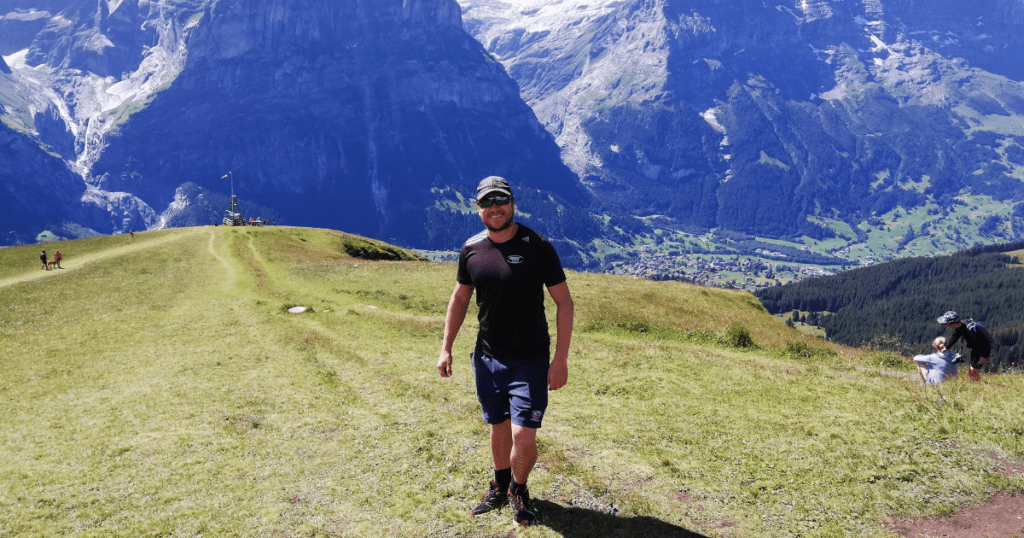
Download Google Translate
The language barrier is one of travel’s oldest problems. It probably always will be.
We used to rely on phrasebooks and hastily written notes to try and remember a simple ‘hello’ or ‘thankyou’. Google Translate fixes this problem.
Google Translate translates 133 languages with others on the way.
“One of the first things I do before going overseas is download the language pack from where I am going before I leave, specifically for offline use.”
Even better, learn a little of the local language before you go.
Knowing a few words not only helps open a few doors, it often differentiates you from regular tourists and shows some respect for the local culture.
Get Some Alone Time
Every person needs some alone time, even more so when you are away from home.
At times, being in a foreign environment can be suffocating and overwhelming.
“I typically travel with my family these days, but when I can, I’ll try and get some time to myself. I always feel better for it.”
Whenever I have felt overwhelmed or a bit moody(it happens all the time!), it’s amazing how a long walk exploring the local area or just some alone time in a cafe can recharge the batteries and calm your mind.
Research Local Transport
The transport options at your destination should be one of the first things you should research before leaving home.
It can save you time, frustration and money.
It is not usually a question of whether there are any transport options, it is how they work.
“We live in a world of Uber these days, but much of the world still relies on cash fares for their transport (remember cash?).”
Different countries and cities have different rules to adhere to. I almost got a fine in Italy for not validating my train ticket (I had no idea I had to).
Another time I got shouted at by a bus driver in Germany because I didn’t have the correct change.
The small things count.
Rent a Car
Following on from local transport, in most Western countries, renting a reliable car allows the ultimate freedom.
With no schedules to meet, driving a car means you can travel on your terms.
I have self-driven through Europe, the USA, the UK and Australia, every time visiting places that a lot of public transport can’t.
If you shop around, costs are often reasonable too. Just be mindful of local driving rules and regulations to keep on the right side of the law.
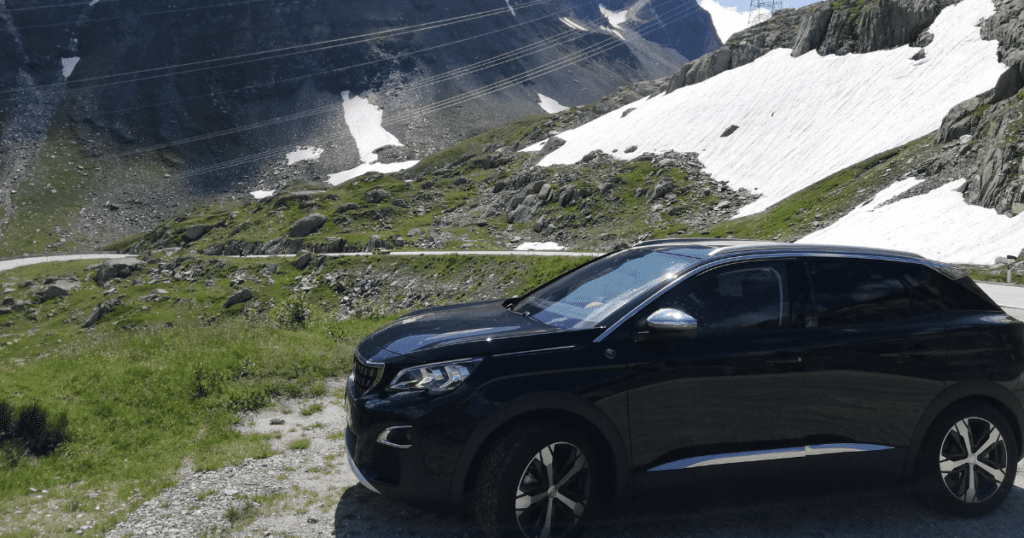
Ask for Upgrades
Asking can feel awkward, but by asking politely if an upgrade is possible at every opportunity, the worst thing that can happen is they say no.
You then accept the room or car that you originally booked. It is a no lose situation.
“On the other hand, if you get lucky, you might get that bigger room or more spacious car.”
Car rentals, in particular, are often an easy upgrade.
I have had plenty of upgrades over the years from asking. Next time you find yourself at the customer desk, don’t be afraid to ask.
Ask Flight Attendants for Local Advice
Flight attendants are an overlooked, untapped resource of information.
Particularly for city destinations. More often than not, flight attendants will be staying for a night or two in a central hotel and are likely to be familiar with the city you are going to.
“Why not ask them where the good restaurants are or what other recommendations they have for the area?”
Flight attendants have such a limited time in some of these places that they maximise the time they are in town, so know where to go.
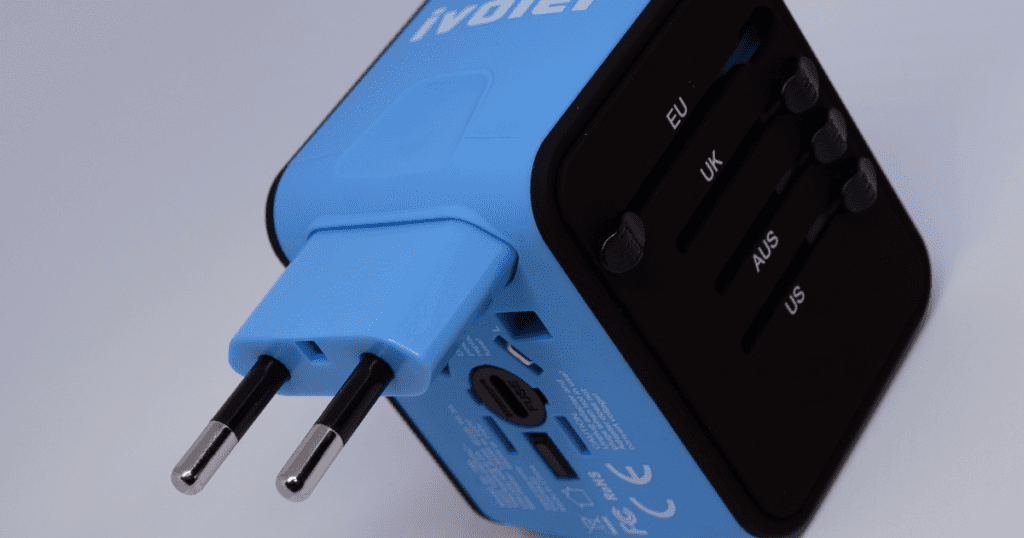
Bring a Plug Adapter
Power charging your devices isn’t complicated these days with USB, but traditional power sockets are not going anywhere anytime soon either.
With at least sixteen different types of power sockets in use around the world, your best bet is to buy a universal plug adapter before leaving home to save any hassle with charging your devices when away.
Hundreds of options are available for every budget, be sure to pick one up before your trip.
Buy Tours and Activities When You Get There
This travel tip has probably saved me more money than any other tip on this list.
By waiting to book your tours and activities until you arrive at your destination, you can save a heap of cash. You also get the opportunity to ask people on the ground for recommendations and ask for discounts.
“When buying at your destination, you effectively cut out the middle man (the travel agent or online booking agency).”
You will be surprised how flexible some places can be on prices. Particularly in Asia and Europe. It isn’t uncommon to pay less than half what you would have if you purchased the same tour at home.
The best way is to speak directly with the tour company office, alternatively check out local tourist offices, hotel and hostel receptions for the best discounts.
Buy a SIM Card
Buying a SIM card is one of the smartest things you can do as a traveller.
Having information at your fingertips not only saves you money and time but having a good phone connection can keep you safe.
“Most countries have great deals on prepaid data and call packages.”
For years, I used to rely on free WIFI in cafes and at my accommodation, but that can be unreliable and even difficult to find.
For just a few dollars, whack a SIM card in and stay connected wherever you are.
Avoid Walking Tours
I preface this by saying I have enjoyed some walking tours.
They are a great way of seeing your destination with the benefit of a guide and your in a hurry.
What I did not enjoy is being locked into a schedule and being herded around a city, following a small flag carried by the guide.
“Instead, consider using the free options available online.”
Several excellent (and free) self-guided apps are available online that cater for city walking tours, museums and historical sites.
They are a bit hit and miss but the best is www.izi.travel which has over 15,000 audio guides made by locals from around the world.
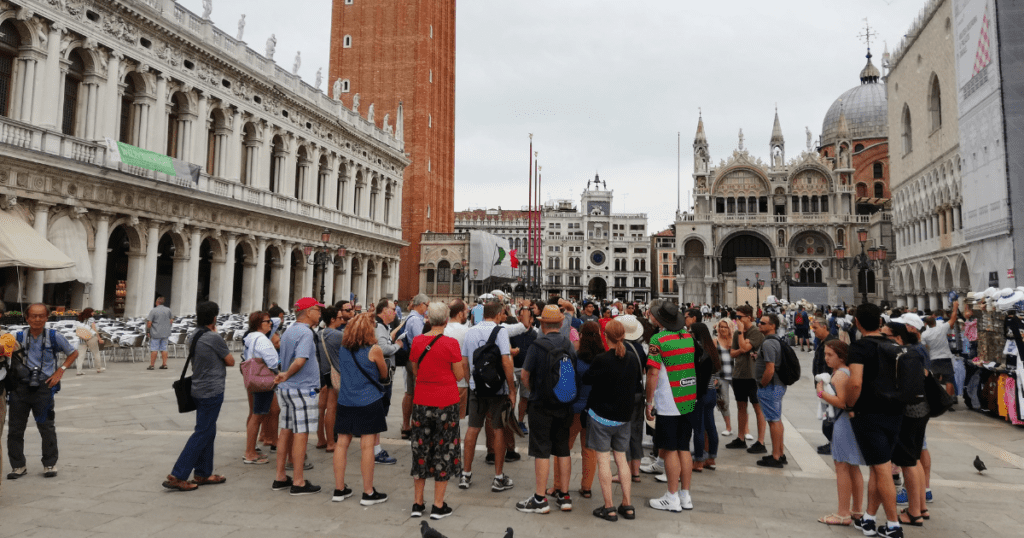
Use a Flight Tracking App
Flight tracking apps aren’t just for aviation enthusiasts.
Flight tracking is also one of my favourite and most useful travel apps.
“Flight tracking apps such as Flightradar24, FlightAware and FlightStats, provide live flight tracking data, delay information and even flight history statistics.”
The free version of Flightradar24 is enough for me.
It provides up-to-date flight data and allows me to track flights and access real-time departure and arrival information from your airport.
'Value is Remembered Long After Price is Forgotten'
I have wrestled with this advice over the years.
On reflection, it is quite possibly the best piece of travel advice I have ever received.
Money is probably the most significant factor for most when it comes to travel. Often it conflicts with our desires to do something memorable.
“I don’t have many travel regrets, but the ones I do, always involves saying no. Usually because of the cost associated. On the other hand, my best memories always involved saying yes to something.”
Switzerland is one of the most expensive countries on the planet. Period. The price tag on the cogwheel trains and gondolas to get among the Swiss Alps is eye-watering.
I wrestled with this for quite a while, trying to justify the expense. In the end, we went and those days high up in the Alps are some of my most vivid and memorable travel experiences.
The price is long forgotten.
Choose Your Travel Companions Carefully
Having the right travel companion can make or break your trip.
If you are travelling with someone else, make sure you are comfortable with who you are going with.
It is vital to be on the same page with everything before you go.
From budgets to sleeping arrangements and what you want to see, these things (among others) can make or break your trip.
“The last thing you want to happen is to have a part of your trip spoiled because you or your companion have run out of money, or want to see and do different things.”
Before I had my family, this reason is why I enjoyed solo travel so much.
The freedom to explore and do what I wanted, when I wanted, without the influence of others, created some of my favourite memories.
I met people along the way, which was cool, but I didn’t let them affect my own journey.
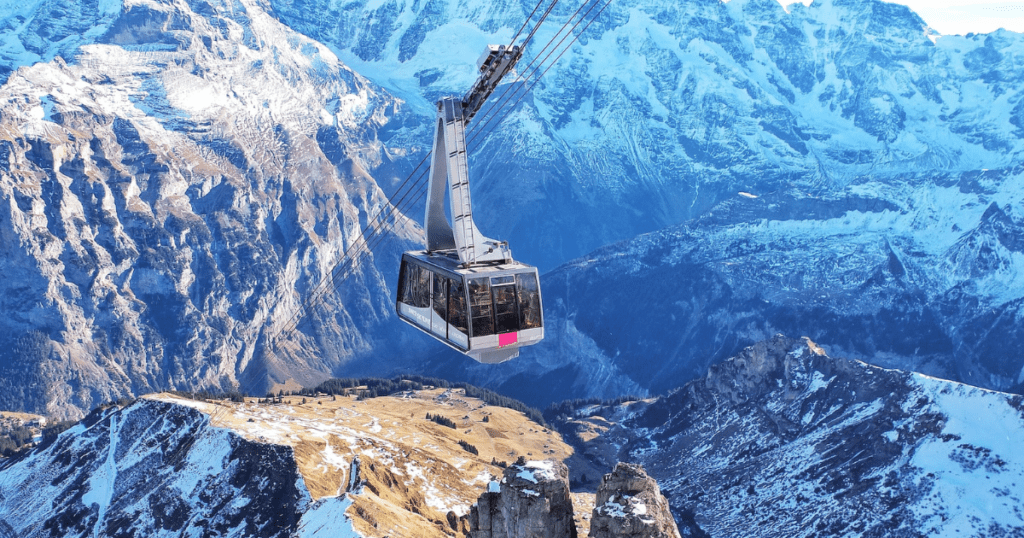
Keep a Journal
Travel memories fade fast.
Keeping a journal while travelling is one of the most effective ways to relive those moments.
In the months and years ahead, you will be grateful to be able to reflect on your journal as it allows you to put yourself back in the moment.
To be able to relive your memories in a much better way than your memory ever will on its own.
Back Up Your Photos
Ensure you have room in your Google Photos, OneDrive or whatever cloud storage you use and ensure your travel photos are stored safely.
Losing your phone or camera sucks enough. Losing all your travel photos is even worse.
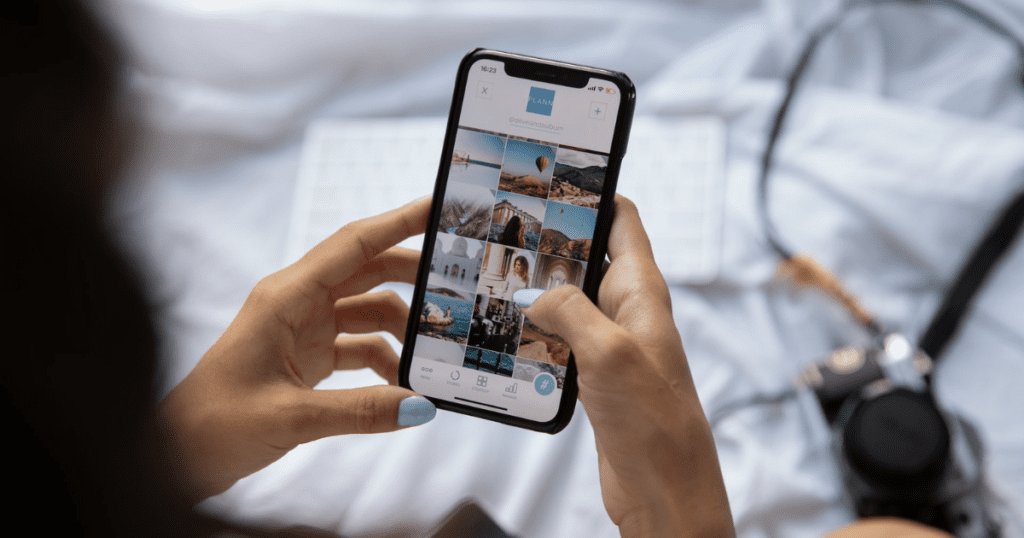
Carry a First Aid Kit
You only need a small kit with the essentials.
I’m talking bandages, paracetamol, diarrhoea medicine and whatever else might come in handy in an emergency.
Believe me, you don’t want to be walking the streets of a strange town or city trying to find some pain relief in the middle of the night.
PS: If you buy a travel first-aid kit, don’t take it in your carry-on. They usually come with small pair of scissors. Mine got confiscated at the airport.
Ask Locals Where to Go
As a traveller, you stick out. There is no hiding most of the time.
Being a traveller can work to our benefit, as it is often easy to get chatting with the locals. Remember, people by nature, are curious creatures. Nosy even.
“Use that curiosity and ask the locals where to eat and where to go.”
You will often get suggestions that are away from the typical tourist areas. Next time you are in a cafe or shop, try it out. You might be surprised.
Buy Travel Insurance
This is a non-negotiable for international travel.
For what is a relatively small expense compared to the trip itself, you can potentially save thousands, if not tens of thousands, in health care if something happens or goes wrong.
It isn’t difficult to go online and find stories of accidents and illnesses while travelling where the poor people involved were not insured.
Don’t be a statistic and skimp on insurance before you go.
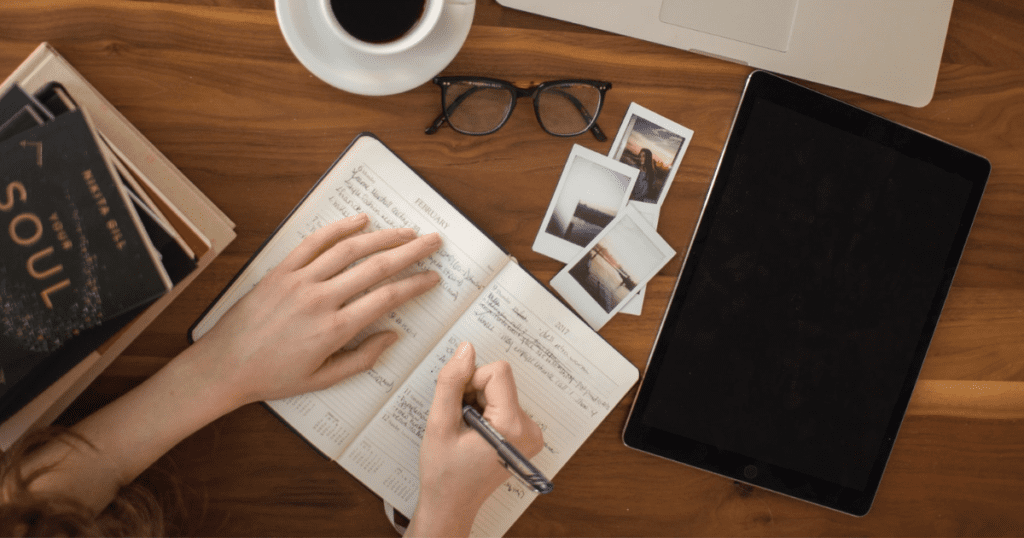
Tell Your Bank Where You Are Going
Banks look after their customers (most of the time!).
If they see random cash withdrawals from Vietnam on your credit card and you haven’t told them where you are, this may attract the attention of their security people and they could cancel your card.
“This can be averted by a quick message to your bank letting them know where and when you will be travelling.”
My bank has a text option within its banking app for this very reason.
Don’t be my friend who went moneyless for three days in Thailand after his bank shut his card down.
Always Pay in the Local Currency
When I started travelling the world in the nineties, the world was very much a cash society.
In many places, cash is still king.
The rise of credit cards has caught on in many countries now. Credit cards attract fees, but some can be avoided if you play it smart.
“When you pay by an international credit card, you are usually given the option to pay either in your home currency, or local currency.”
Always pay in the local currency.
It always looks easier to pay in your currency, but the trouble is you get hit with a conversion fee both where you are and at home.
If you pay in the local currency, that is avoided – saving you money.
Haggle with Respect
Many countries require haggling when purchasing items.
This can be fun or annoying, but in the end, you don’t have a choice most of the time.
Haggling is another word for ‘negotiation on a price’. When you approach a store owner interested in an item, he will propose a price.
“This is the beginning of the negotiation, where you effectively trade different prices until you are both happy.”
A thing to keep in mind is haggling is not a debate or argument. Haggling is a negotiation. Do it with a smile and remember that ten minutes of haggling over a dollar or two isn’t worth it.
There you have it, 21 travel tips to make you a better traveller.
Do you have any you would like to share? Let me know in the comments.
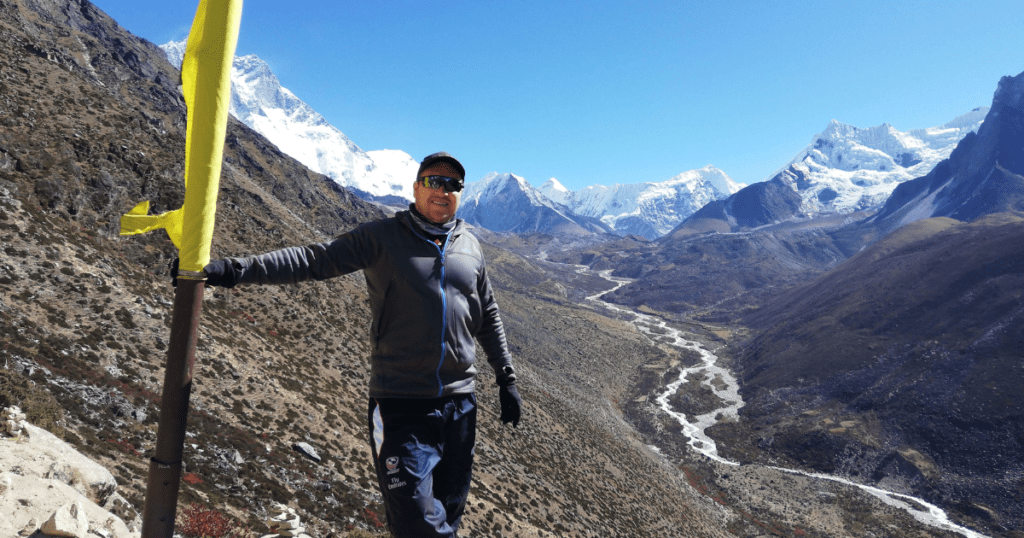
Pingback: Why Your Opinions on Travel are Wrong - Life Went That Way